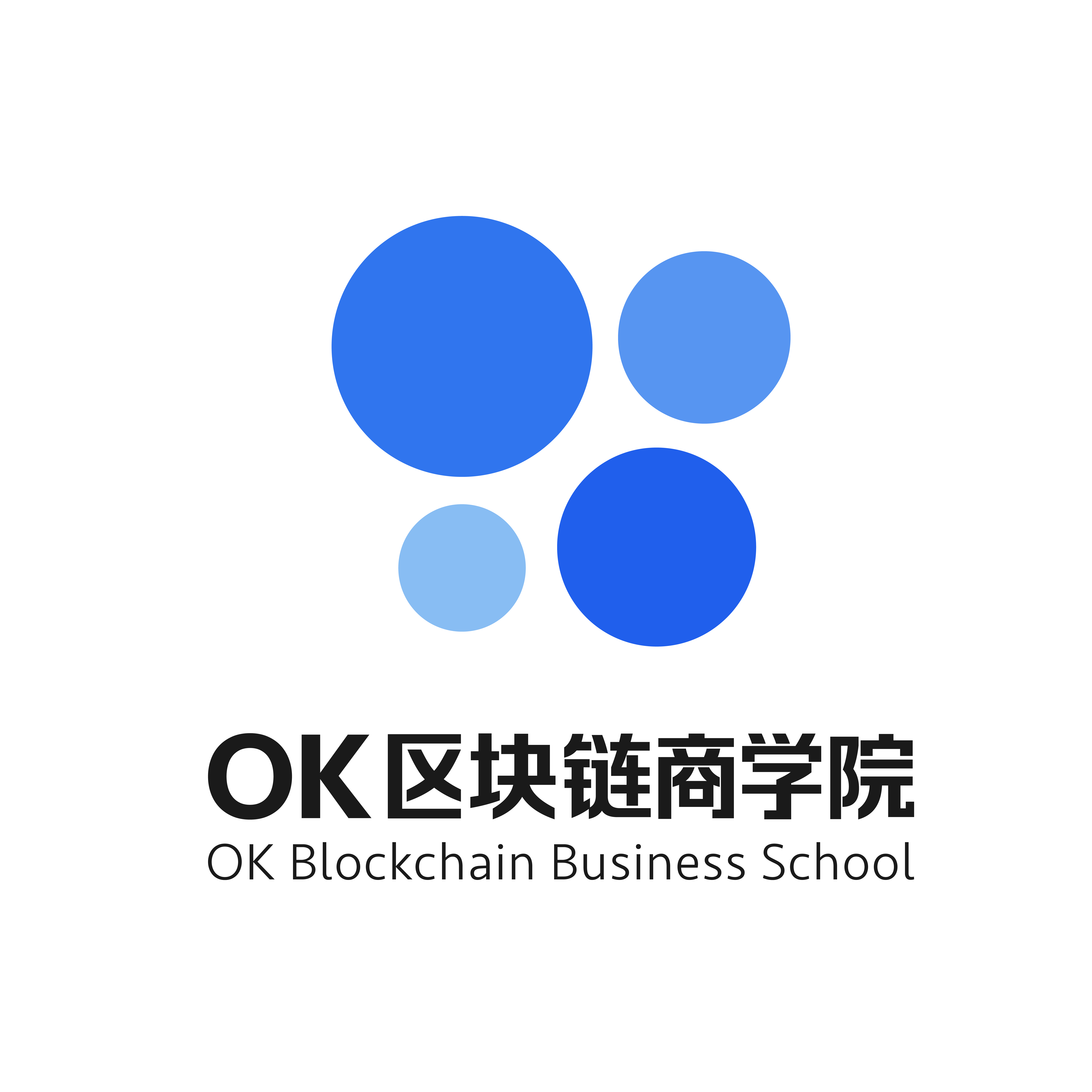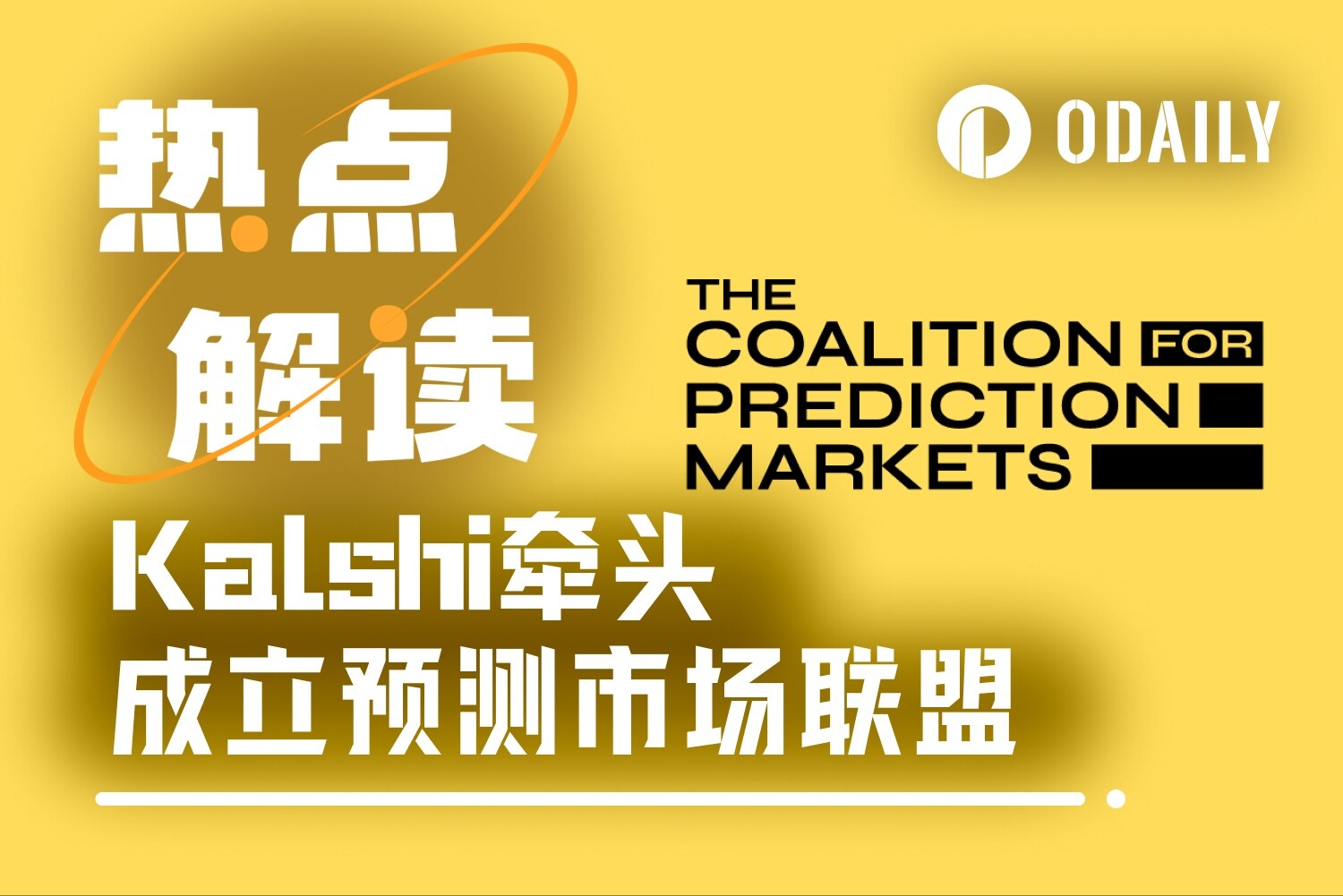OK Blockchain 60 Lectures | Extra Episode 4: What is Dex in DeFi?
Hello everyone, I am Mr. K, and what we are going to talk about today is: "What's going on with Dex in DeFi"?
In the last class, we have already talked about the alternative of funds in the DeFi world-aggregators, and in this class, we will share with you another important field in DeFi-Dex. The so-called Dex, its full name is Decentralized exchange, which means decentralized exchange.
We all know that in the traditional financial field, if you want to buy stocks of Ali and Tencent, you need to go to the stock exchange in the United States. Similarly, if you want to buy digital assets such as Bitcoin and Ethereum, you need to go to Trade in corresponding digital currency exchanges. And Dex is a reflection of digital currency exchanges in the DeFi world. By using smart contracts and on-chain transactions to bypass the need for third-party institutions, it performs the function of matching transactions, thereby ensuring the fairness and transparency of transactions.
Let's talk about the differences between traditional digital currency exchanges and Dex:
In the traditional digital currency market, when trading between users, many trading orders will be issued, and the exchange is a platform specially provided by a third-party team to match buying and selling orders through the platform to help users complete the transaction. During the whole process, the user's assets are in the exchange, which is kept by the exchange.
But after a long time, a new problem has arisen. Everyone thinks that the exchange is a black box and the data is not transparent. It is not known whether there is really so much money as a reserve. Therefore, some people proposed that smart contracts written in code should replace the original third-party trading platform and perform the function of matching transactions. Decentralized exchanges were born accordingly.
However, in the process of matching user transactions, traditional exchanges will find some professional market-making teams to ensure the order depth of sellers and buyers for the stability and smoothness of transactions. However, in decentralized exchanges, because there is no third-party market maker, the price difference between users is very large. For example, if the market price is 100 yuan, because the order depth is not enough, no one will sell it at 100 yuan, and the transaction must be made when the price is increased by 200 yuan. Before causing users to trade, they must first lose money.
In order to solve this problem, decentralized exchanges have developed a special mechanism - liquidity pool. This pool is equivalent to a reserve pool of a decentralized exchange, allowing users to put money into this pool first, and then all transactions are exchanged for digital assets through this pool. The pool provides order depth, thereby ensuring the stability of transactions.
In addition, the funds in this pool can be provided by anyone without limitation. The decentralized exchange will also return a certain percentage of handling fees to liquidity providers as a reward to encourage everyone to come in and provide liquidity. Therefore, compared with traditional centralized exchanges, decentralized exchanges are equivalent to "market making" by everyone to jointly maintain the stability and depth of transactions.
In general, exchanges and decentralized exchanges have their own advantages. Decentralized exchanges have more transparent data and fairer rules; while centralized exchanges have faster efficiency and better experience; I believe For a long time to come, the two will complement each other, bringing you a better financial investment experience in competition and cooperation.
Thanks to Shentu Qingchun for his help and guidance on the content of this episode.
Sina Weibo: @沉苏青春
- END -



